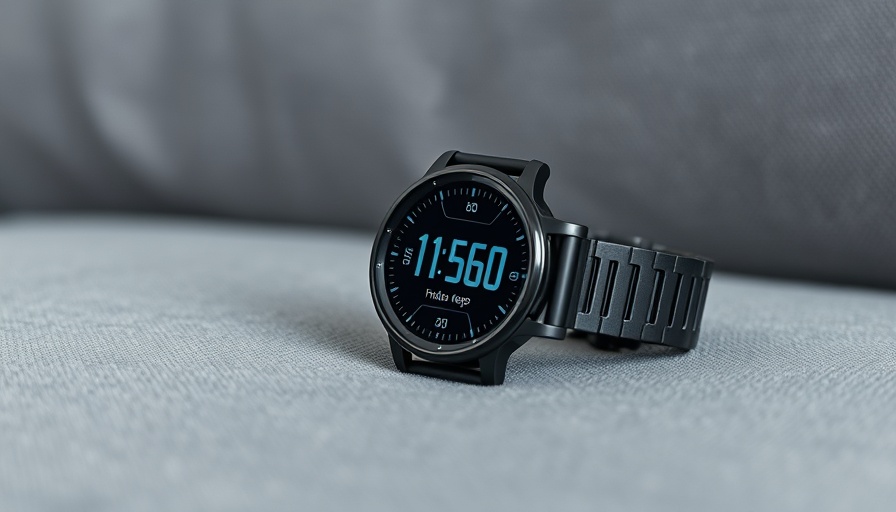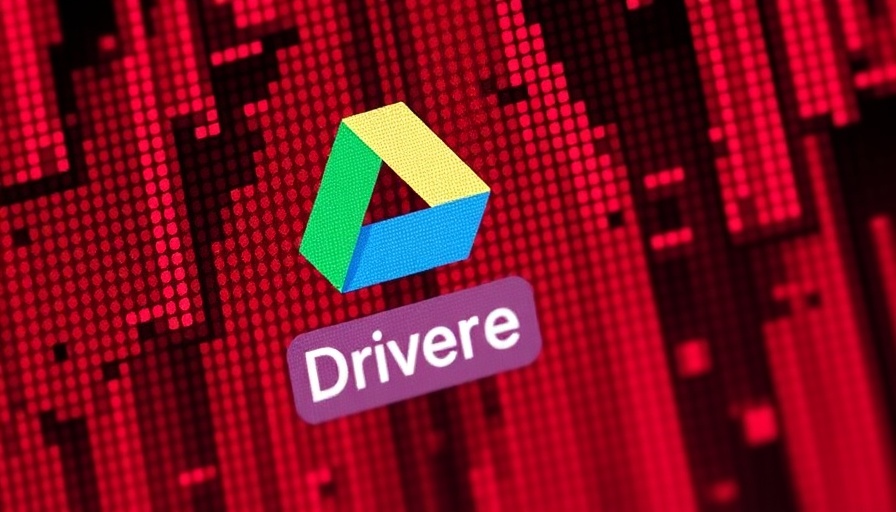
The Rise and Fall of the Viral Tea App
In the fast-paced world of social apps, few things spread like wildfire. The Tea app, designed for women to rate and review men similarly to Yelp, quickly shot to the top of the Apple App Store. Once a trendy topic on platforms like TikTok and Instagram, it promised a safer dating experience through features like background checks and catfish identification. However, less than a week after its breakout success, disaster struck—a significant data breach.
Understanding the Data Breach
The breach was allegedly orchestrated by users from 4chan and Reddit, who gained unauthorized access to sensitive user data, including images from ID verification attempts. Approximately 72,000 user images were exposed, causing immediate concern among those who had provided personal documentation. Responding to the crisis, the Tea app's spokesperson reported that the breach stemmed from a legacy data storage system, primarily involving data older than two years. This incident is a harsh reminder of the risks associated with apps that require sensitive personal information.
The Importance of User Privacy
In an era where user privacy is paramount, the Tea app's rapid rise and fall highlights significant concerns about data protection. With increasing cyber threats, it’s crucial for app developers to prioritize security. Users should think twice before sharing any personal data, especially on platforms that don’t have a well-established history of protecting user information. This incident underlines why diligent vetting and understanding the privacy policies of apps is essential before uploading personal content.
Lessons for Users: Staying Safe in a Digital World
As digital nomads, maintaining productivity doesn’t just mean working from exotic locations; it also means exercising caution in the digital realm. Here are a few actionable insights:
- Research before you join: Before signing up for any new app, especially one that collects personal data, look for reviews, news articles, and the app's data security policies.
- Limit personal data sharing: Consider whether you truly need to provide ID verification. Many apps have functionalities without requiring sensitive information.
- Stay updated: Follow tech news to stay informed about potential breaches and what steps to take if you are a user of an affected service.
Comparing the Tea App with Established Platforms
While Tea's premise may seem innovative, how does it stack up against more established dating platforms? Apps like Tinder and Bumble have long histories and established protocols for safeguarding user information. They provide additional layers of security and implement strict verification processes to mitigate potential risks of data breaches.
Unlike Tea, these apps also offer in-app education on safe dating, emphasizing awareness and user-protection practices that aim to enhance user confidence. As more apps emerge that venture into sensitive territory, understanding the comparative landscape can guide users toward safer choices.
Future of Dating Apps: A Cautious Outlook
The fallout from the Tea app's data breach could serve as a turning point for future dating apps, causing developers to rethink their strategies regarding user data. New features may emerge that prioritize privacy over virality, potentially reshaping how dating experiences are designed. This could lead to a demand for apps that commit to transparency in how user data is handled and secured.
The Tea App Incident: A Cautionary Tale
While the buzz around the Tea app has waned, the implications of its data breach endure. It emphasizes a critical necessity for both consumers and developers to address data privacy more seriously. Individuals must remain vigilant in protecting their personal information while fostering a healthy skepticism toward new platforms. As the digital landscape evolves, one takeaway remains clear: ensuring security should never be an afterthought.
 Add Row
Add Row  Add
Add 




Write A Comment